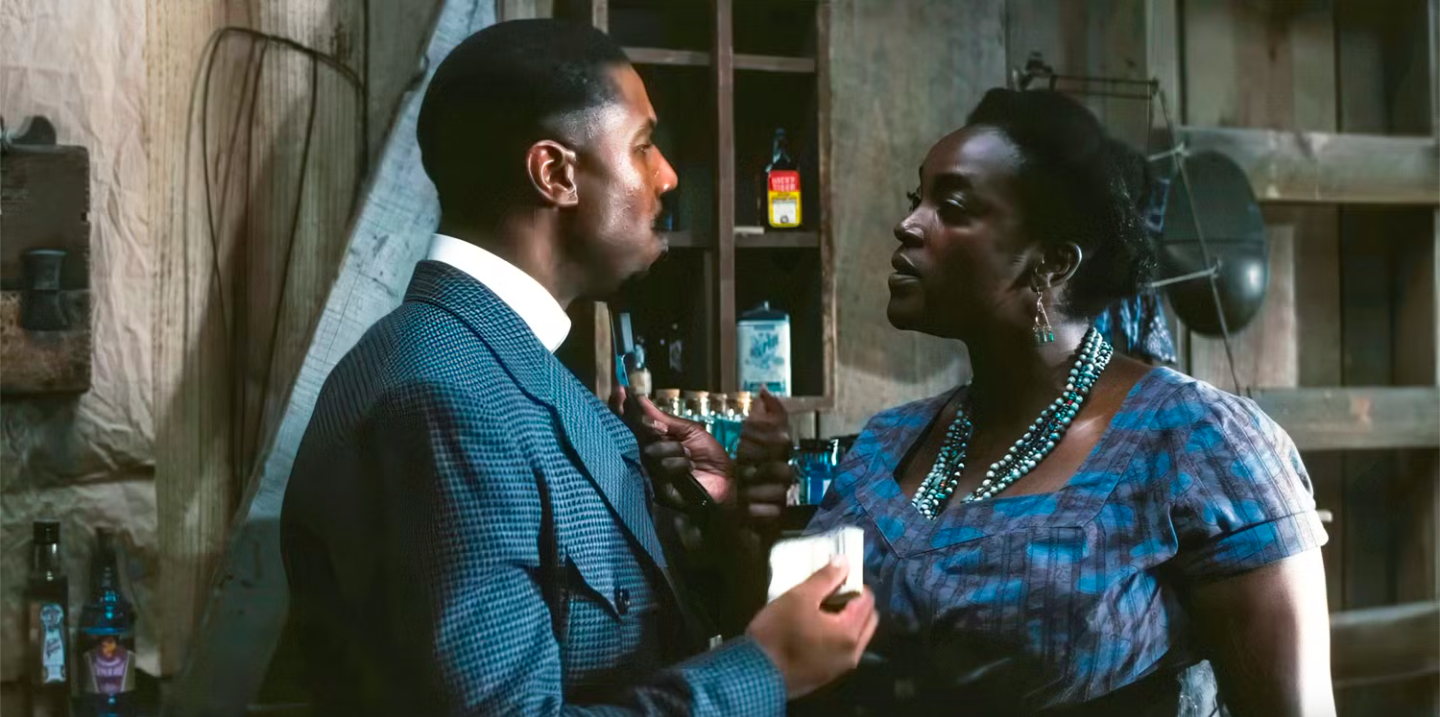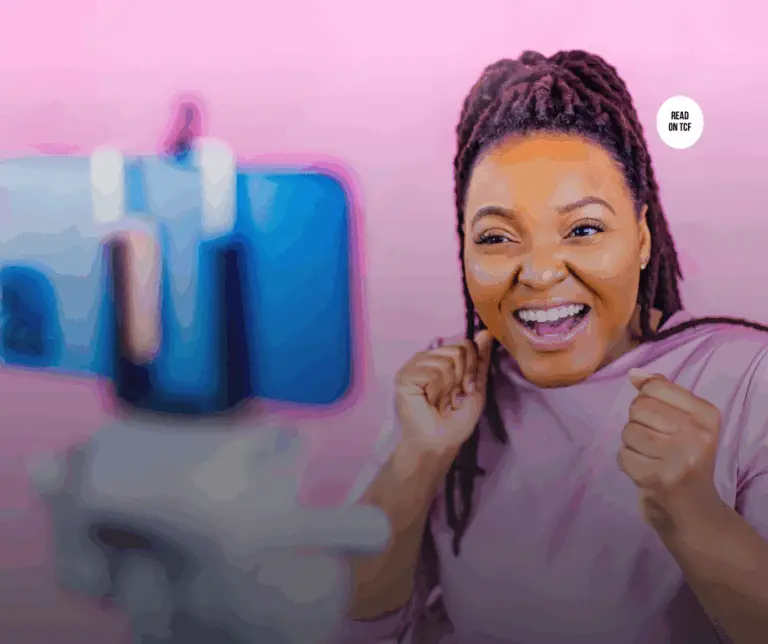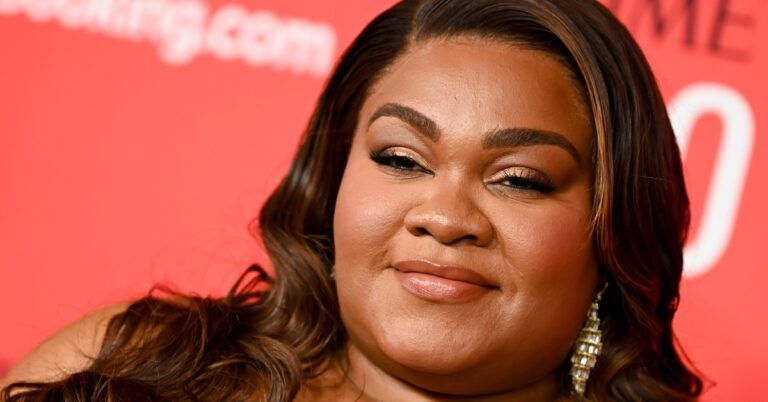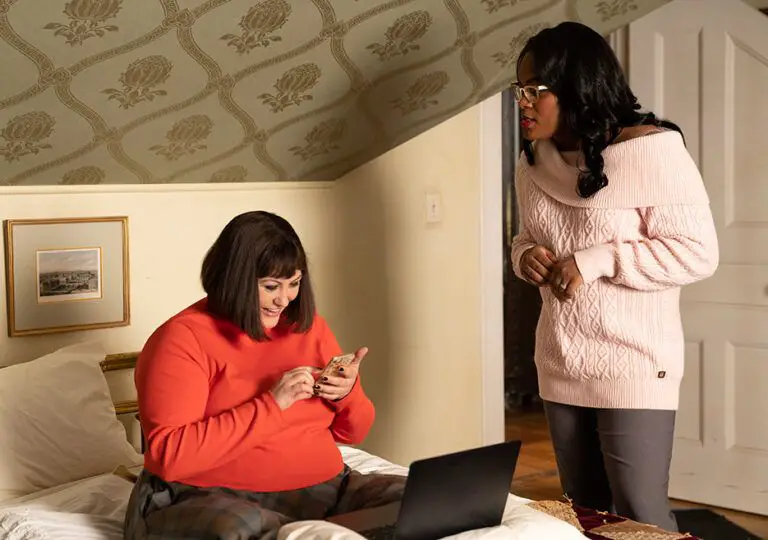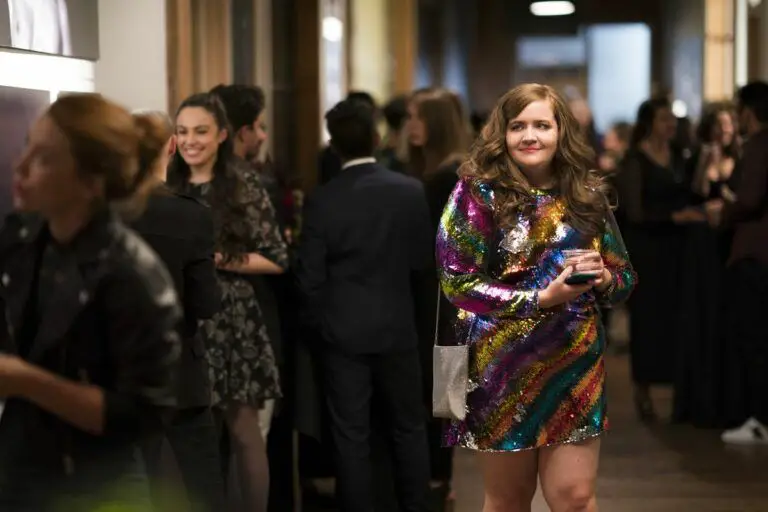Wunmi Mosaku’s Role in Ryan Coogler’s Sinners Serves Representation and Romance, Giving Us the Love Story We’ve Been Waiting For
Have you seen Ryan Coogler’s Sinners? EVERYONE is talking about it! Ryan Coogler’s “Sinners” holds the groundbreaking portrayal of Annie, a full-figured Black woman played by Wunmi Mosaku, as the center of a romantic storyline.
Spoiler warning: This article contains major plot details from Ryan Coogler’s Sinners.
I walked into the theater carrying heartbreak and left holding hope.
Ryan Coogler’s Sinners is set in 1930s Mississippi, where twin brothers Smoke and Stack (both played by Michael B. Jordan) return home to open a Black-owned juke joint. The entire film unfolds over the course of that opening night, filled with music, memory, and moments that stretch beyond the living world. There’s blood, there’s Southern folklore, and yes, there are vampires, but beneath all of it, Ryan Coogler’s Sinners is a story about love. Not just romantic love—but cultural, spiritual, and ancestral love.
And at the center of it all is a full-figured Black woman named Annie.
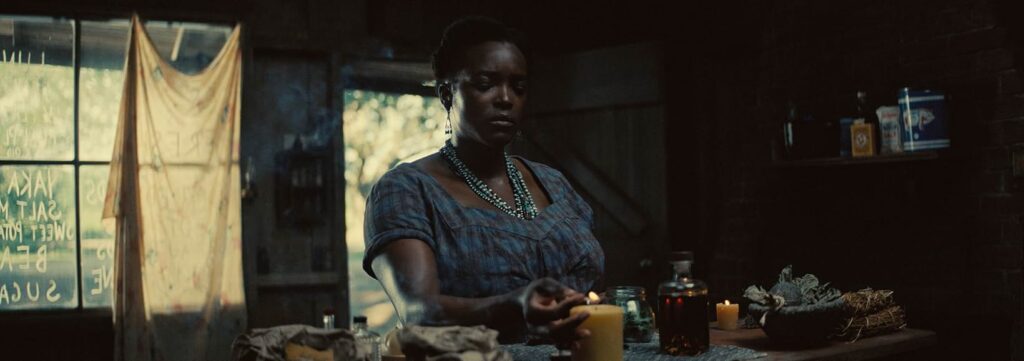
Played beautifully by Wunmi Mosaku, Annie is a rootworker, healer, and Smoke’s former lover. She’s first introduced in her apothecary-like shop, grounded in her power, surrounded by her own remedies and rituals. She’s not asking for permission to take up space because she already owns it.
Draped in flowing fabrics that feel both ancestral and elegant, Annie’s style mirrors her spirit: soft, strong, and steeped in knowing. Never hidden in oversized clothes meant to minimize her, instead, she’s adorned, as she should be. From the fullness of her skirts to the richness of her textures, everything about her wardrobe says, I belong here. And as a full-figured woman, her presence on screen was more than visual; it was intentional.
About midway through the film, Smoke comes to ask her to cook for the juke joint, but there’s tension between them from the start. History. Hurt. Heartache. She had once given him a vial of protection before he left for Chicago—a charm of her own making—and he wore it every day. But it didn’t protect everything. In a moment that cracked me wide open, he says to her, “Why your voodoo stuff couldn’t save our baby?”
And just like that, the quiet pain between them becomes clear. They had lost a child — and they had lost each other for a time.
But they find each other again. Not in a forced, reluctant way. Not as a side story to the “real” plot. But fully, emotionally, and physically. Smoke loves Annie deeply. Unapologetically. There’s no hesitation. No hiding. No internal battle about her body. He makes love to her onscreen and then continues to love her publicly. She is not a secret. She is the center. At the juke joint, he’s by her side. Their love isn’t just known—it’s seen. Revered.
And for me—as a full-figured woman who has spent years wondering if that kind of love only existed in fiction—it was overwhelming to witness.
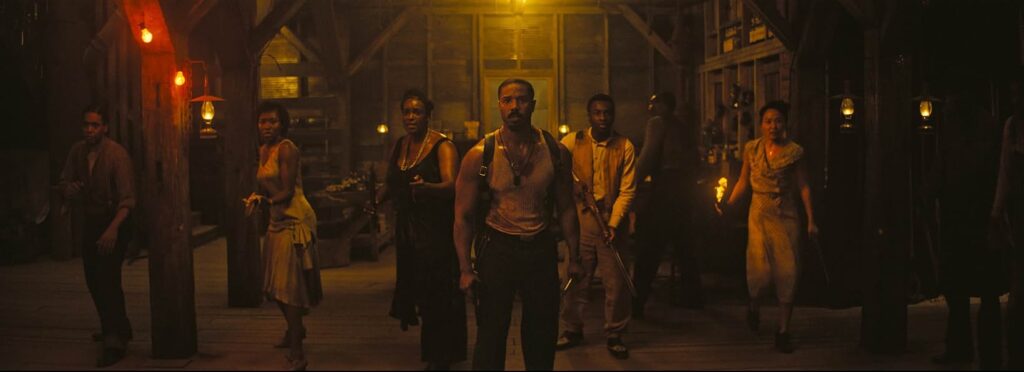
We’re so often given scraps of affection in film. If we’re lucky, we’re the friend, the comic relief, the woman who finally gets chosen when someone else walks away. Think Queen Latifah in “Just Wright” or “Last Holiday,” where she has to almost die to be seen as worthy. Think Natasha Rothwell’s “How to Die Alone,” where the entire premise centers on not believing someone could genuinely want her. These stories stay with you. They chip away at what you think you’re allowed to hope for.
But Ryan Coogler’s Sinners didn’t do that. Even when it hurt him, he pushed aside his desires to fulfill her last wishes.
Annie wasn’t transformed to be loved. She was already loved. In her softness. In her grief. In her fullness. In her magic.
And when Smoke is preparing to transcend to the other side, he is greeted with a vision that isn’t fear or regret. It’s Annie. Dressed in white. Holding the baby they never got to raise. That’s how he leaves this world: seeing the woman he loved and the child they created, finally whole again. Still his. Still sacred.
That image will stay with me for a long time.
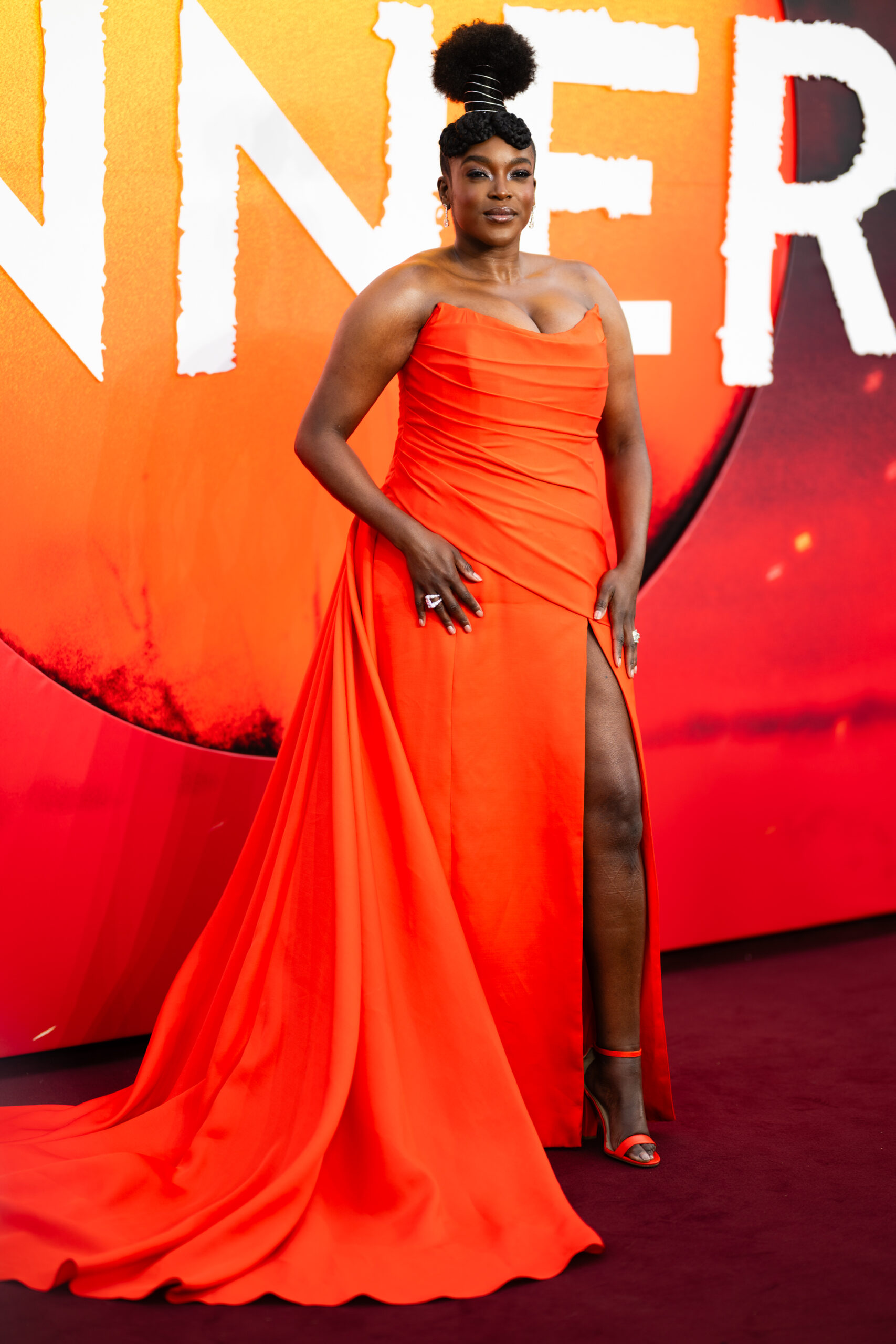
Because for once, the full-figured woman wasn’t the before. She was the beyond.
And I needed to see that. Everyone should see it.
Not just because there is hurting. Not just because we might spend too long tied to someone who couldn’t love us out loud. But because stories like Annie’s remind me that I don’t have to earn love by shrinking, chasing, or waiting for someone to wake up and see me. It exists. It’s possible. And it’s ours to claim.
Thank you, Ryan Coogler. Thank you, Wunmi. Thank you, Annie.
You reminded me: I am not too much. I am not a placeholder. I am not a secret.
I am the love story.

